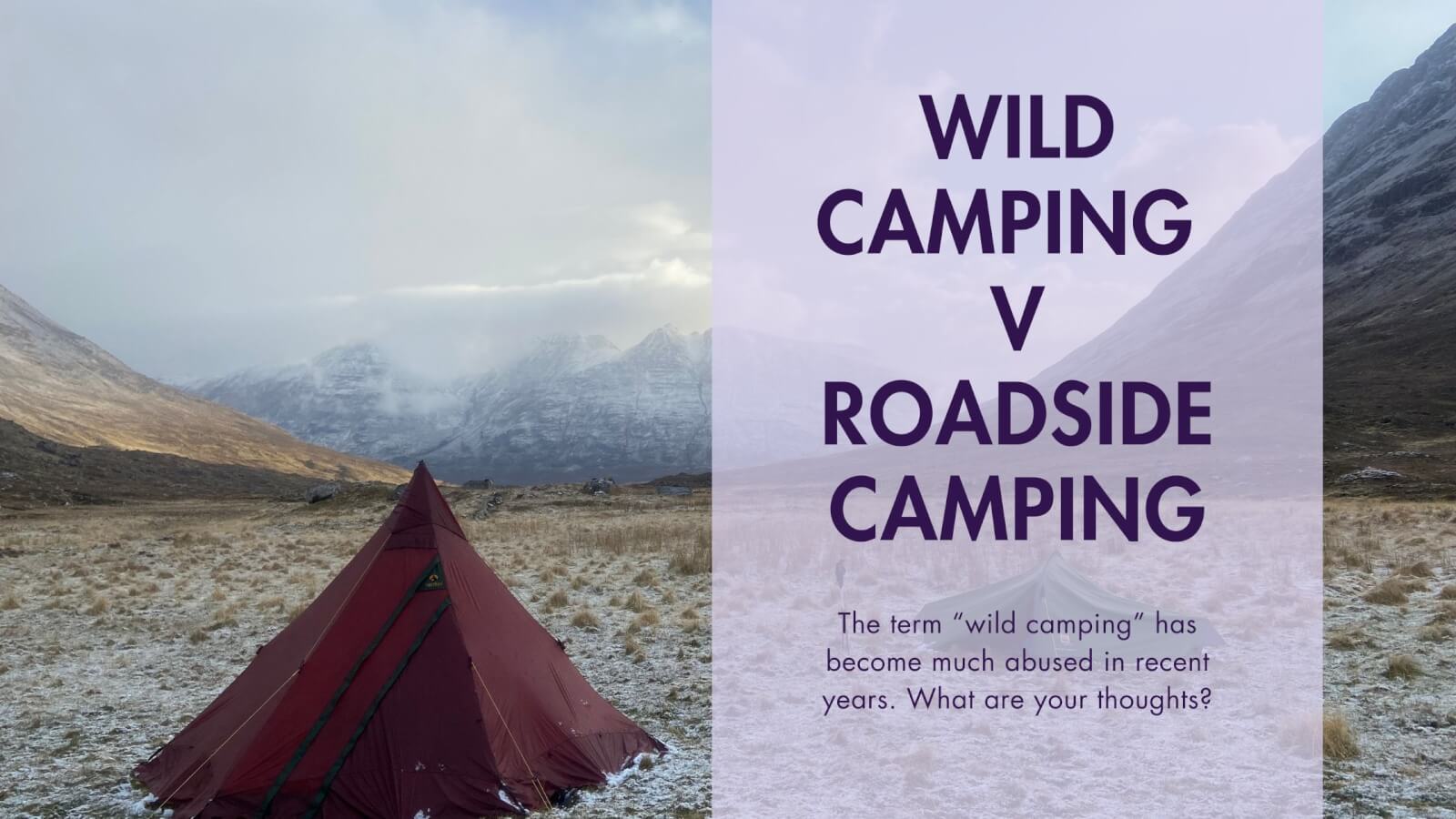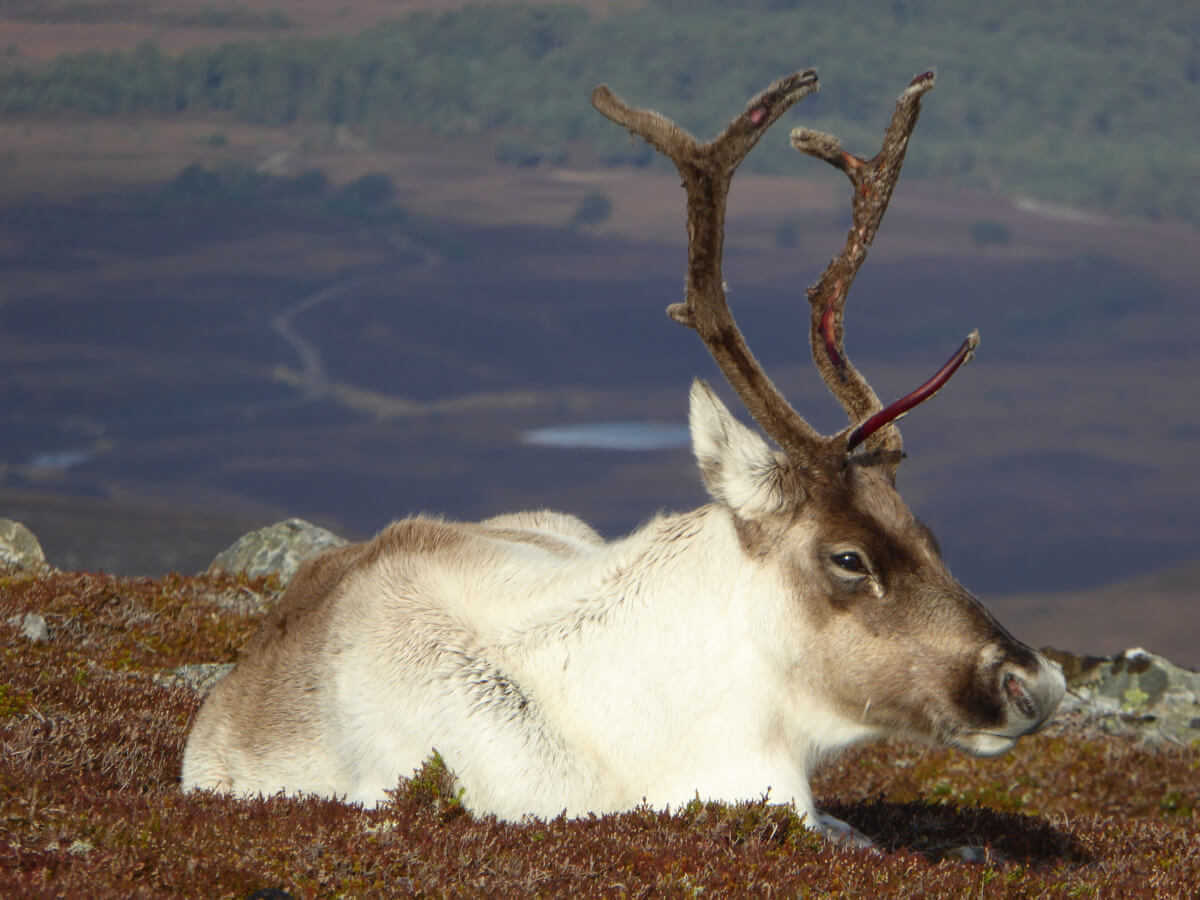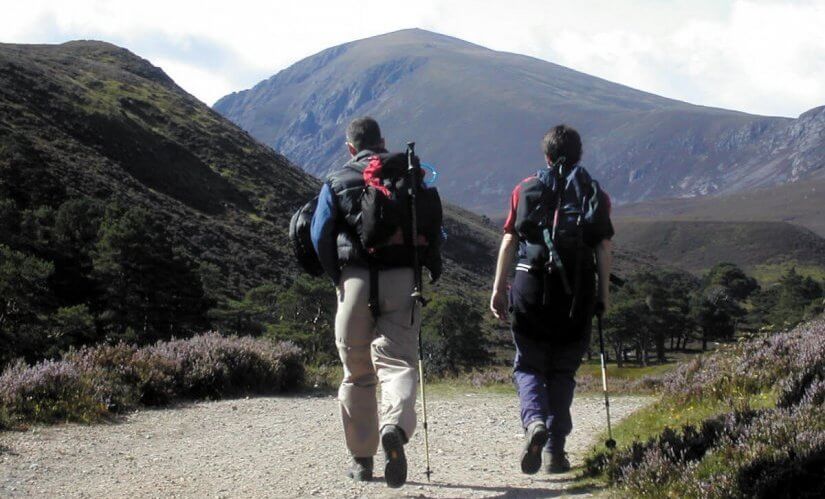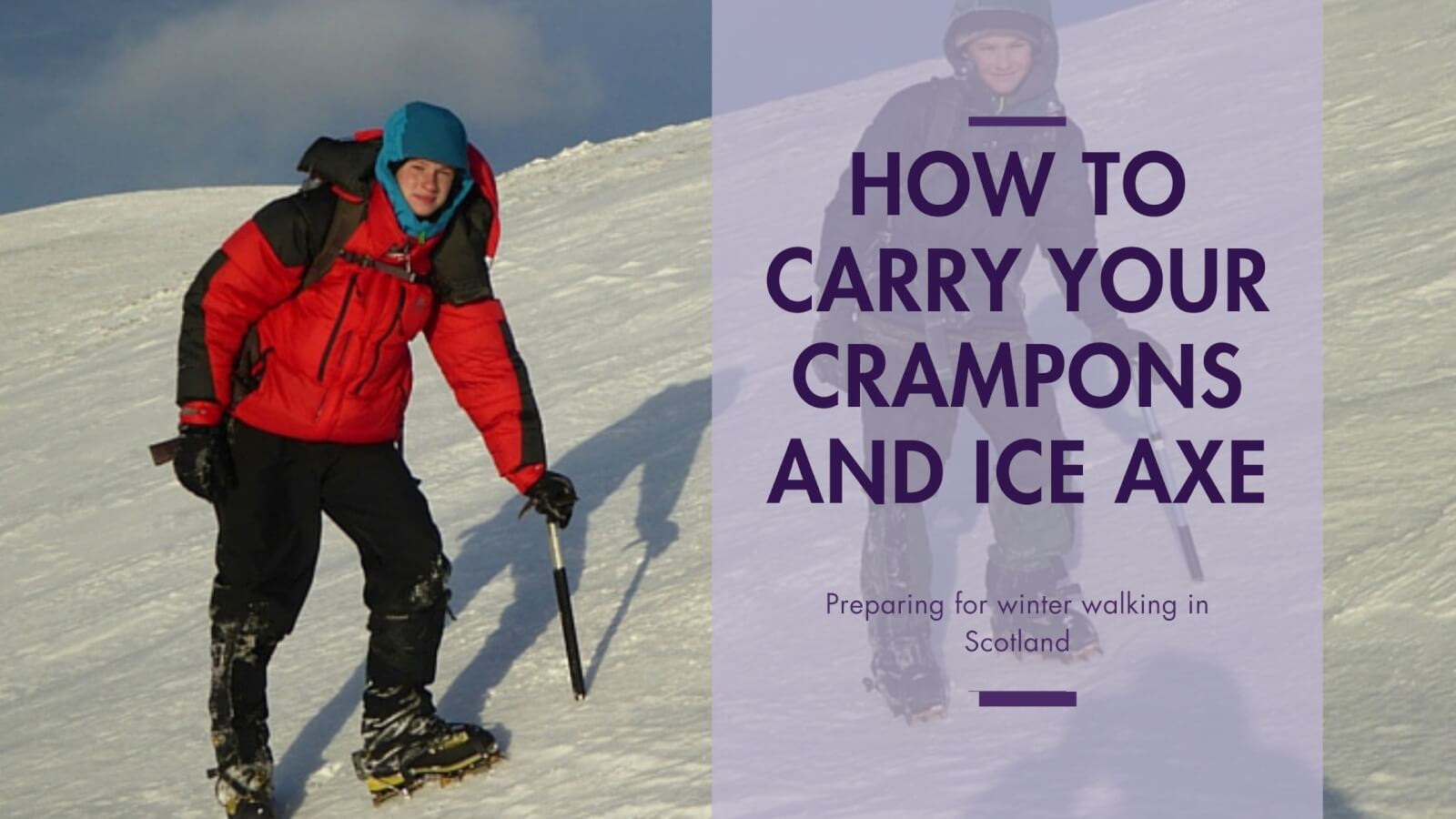Wild Camping in Scotland: Freedom, Responsibility, and the Roadside Problem
Scotland is often hailed as a camper’s paradise—home to some of the last truly wild spaces in Britain, with the rare freedom to roam and pitch a tent in remote landscapes. But in recent years, that freedom has sparked debate. Is wild camping under threat? And more importantly, do we all mean the same thing when we talk about “wild camping”?
At Scot Mountain Holidays, we think it’s time to draw a clear line between true wild camping and roadside camping—because they’re not the same thing at all.
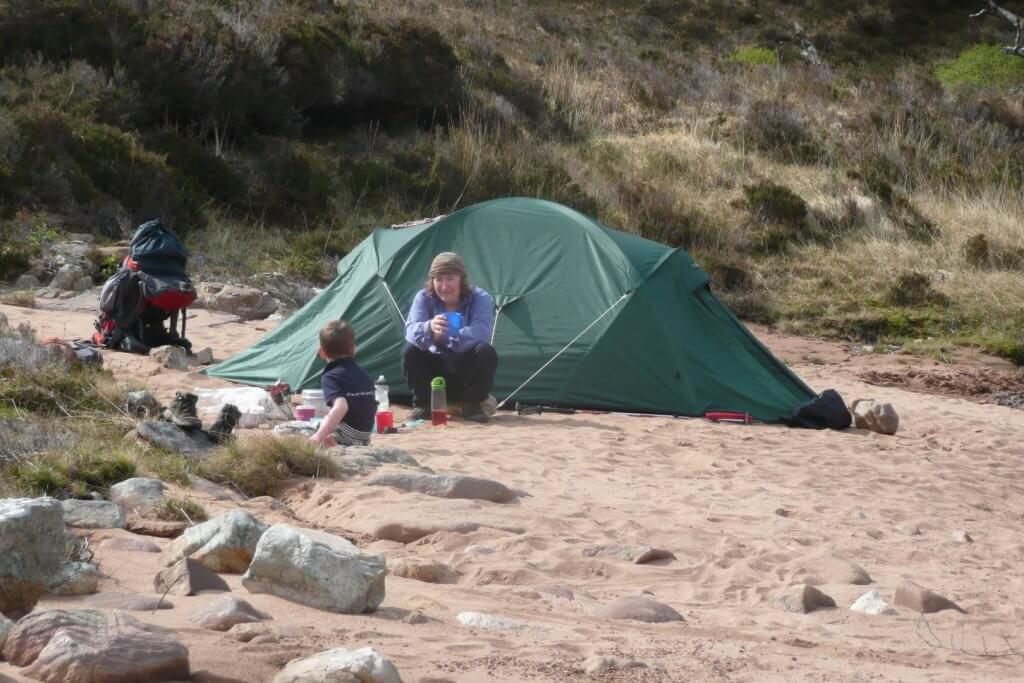
What Is Wild Camping—Really?
True wild camping is what we offer on our guided expeditions: camping on foot, far from roads, buildings, and car parks. It usually means hiking for at least an hour into the hills or forests, carrying everything you need in your pack, and choosing a spot with care—leaving no trace behind.
It’s peaceful, immersive, and quiet. You’re unlikely to see another soul. The kind of place where red deer graze nearby and golden eagles might sweep overhead.
This is the kind of camping protected by Scotland’s access laws and encouraged under the Scottish Outdoor Access Code—when done responsibly.
And What It’s Not: Roadside and “Dirty” Camping
In contrast, roadside camping often involves pitching up just off a layby, or on the edge of a loch accessible by car. Many of these spots have become magnets for crowds during the warmer months. And unfortunately, this kind of camping has led to serious problems: litter, human waste, fire damage, and noise pollution—not to mention strained relationships with local communities.
This isn’t what the Scottish Outdoor Access Code means by “wild camping.” In fact, many of the issues now being debated—such as whether camping should be further restricted or permitted only in certain zones—stem directly from the impact of this inappropriate roadside camping, not from the quiet camper tucked away in the hills.
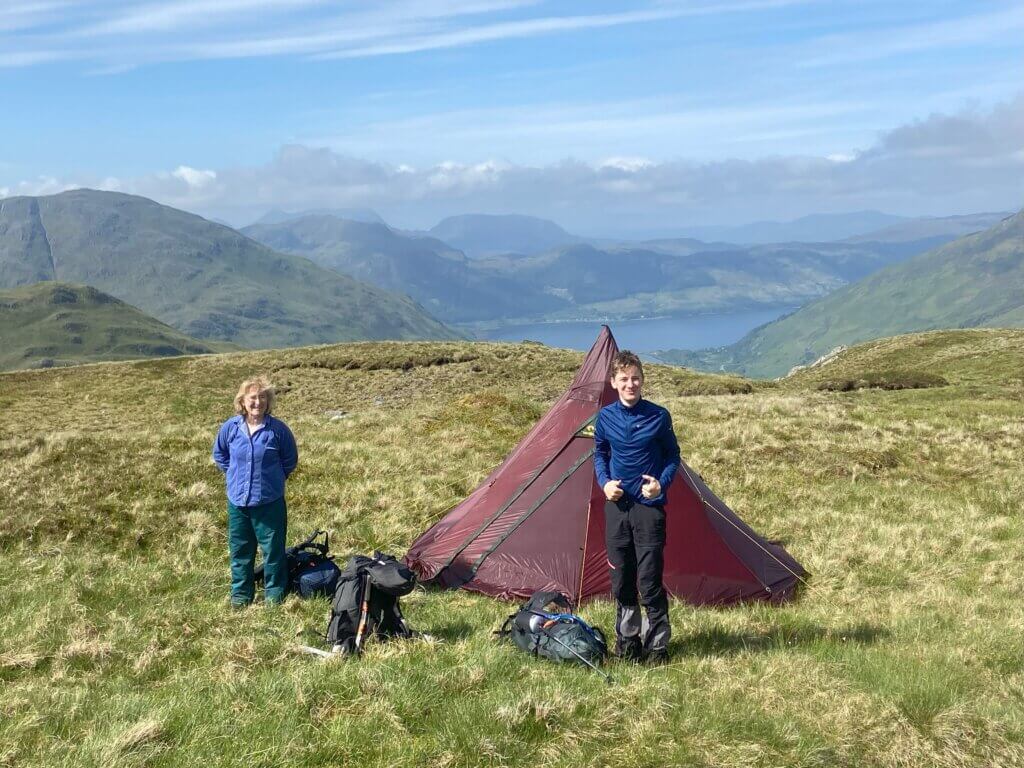
Why It Matters: Freedom Depends on Responsibility
Scotland’s unique access laws are something to be cherished. But they rely on a shared understanding that freedom comes with responsibility. If we lose that balance, we risk losing the very freedoms that make this land so special.
At Scot Mountain Holidays, we teach and practise true Leave No Trace principles. On our wild camping trips, we carry out everything—even food waste. We camp in small groups. Our food is homemade and packed sustainably at Fraoch Lodge—no foil packets or single-use plastics here.
This is wild camping done properly. The kind of experience that fosters a deep connection with nature, not just a convenient night outdoors.
The Future of Wild Camping in Scotland
The conversation around camping in Scotland isn’t going away anytime soon. But if we’re going to find the right balance, we need to be precise with our language—and our actions.
Let’s stop lumping all campers together. Let’s celebrate and protect the tradition of truly wild camping—while working to address the challenges of roadside and inappropriate camping through education, infrastructure, and clearer guidelines.
Because if you’ve ever woken up to the mist curling over a Highland loch with no sound but the birdsong… you’ll know it’s worth preserving.
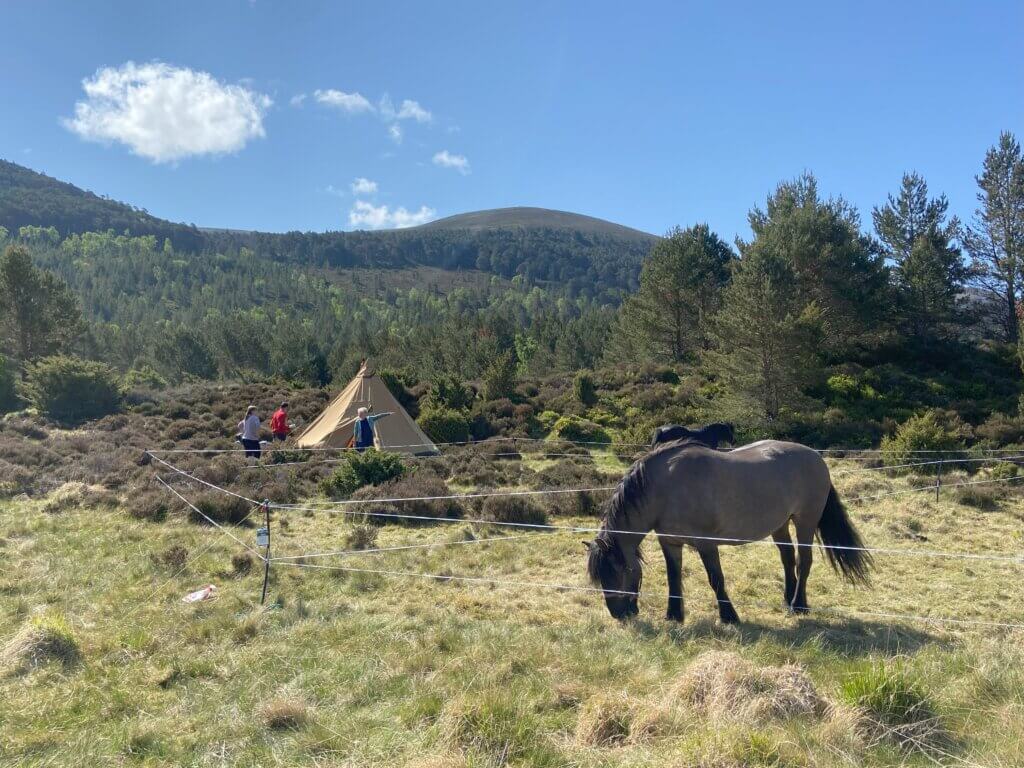
Looking for a True Wild Camping Experience?
Join one of our guided expeditions or Highland Wilderness Glamping adventures and discover what wild camping really means—quiet, nourishing, and unforgettable.


